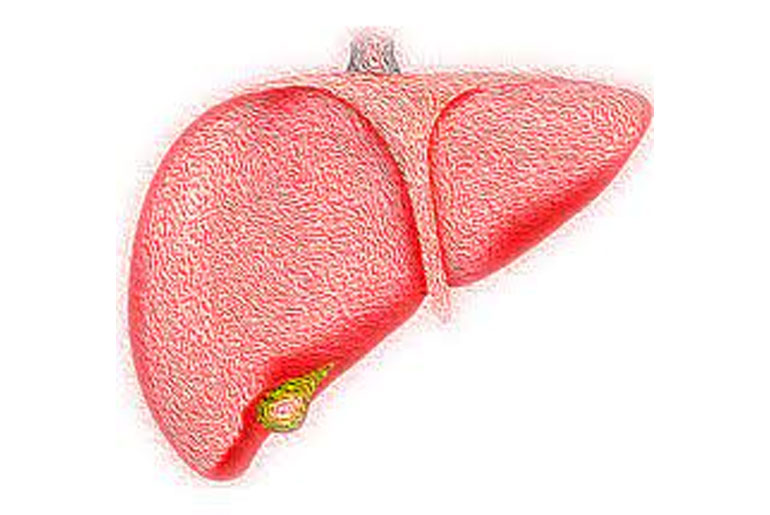Resistant starch, a type of nondigestible fiber that ferments in the large intestine, has shown promising results in a 4-month randomized controlled trial involving people with non-alcoholic fatty liver disease (NAFLD). NAFLD, characterized by an accumulation of fat in the liver, affects a substantial portion of the global population and can lead to severe liver diseases and other health conditions. Currently, there are no approved medications for NAFLD, so dietary and lifestyle changes are commonly recommended.
The research, published in the journal Cell Metabolism, explored the potential benefits of resistant starch in treating NAFLD. Previous studies had indicated that NAFLD is associated with an altered gut microbiota, prompting researchers to investigate whether resistant starch, known to promote the growth of beneficial gut bacteria, could be effective.
The study involved 200 NAFLD patients who were provided with a balanced dietary plan. Half of the participants received a resistant starch powder derived from maize, while the other half received a calorie-matched non-resistant corn starch as a control. They were instructed to consume the starch mixed with water before meals twice a day for four months.
The results were promising. Those who received the resistant starch treatment experienced a nearly 40% reduction in liver triglyceride levels compared to the control group, even after adjusting for weight loss. Additionally, patients in the treatment group showed reductions in liver enzymes and inflammatory factors associated with NAFLD.
Fecal samples from the participants revealed that the resistant starch group had a different microbiota composition and functionality compared to the control group. Specifically, the treatment group had lower levels of Bacteroides stercoris, a bacterial species linked to fat metabolism in the liver. The reduction in B. stercoris was strongly associated with the observed improvements in liver triglyceride content, liver enzymes, and metabolites.
Further experiments involving mice confirmed the benefits of the resistant starch treatment. Mice that received fecal microbiota transplants from the resistant starch-treated patients exhibited reduced liver weight, lower liver triglyceride levels, and improved liver tissue grading compared to mice that received microbiota from the control group.
These findings suggest that resistant starch may have a positive impact on NAFLD by altering gut microbiota composition and functionality, ultimately leading to improvements in liver health.
Disclaimer:
The information contained in this article is for educational and informational purposes only and is not intended as a health advice. We would ask you to consult a qualified professional or medical expert to gain additional knowledge before you choose to consume any product or perform any exercise.







